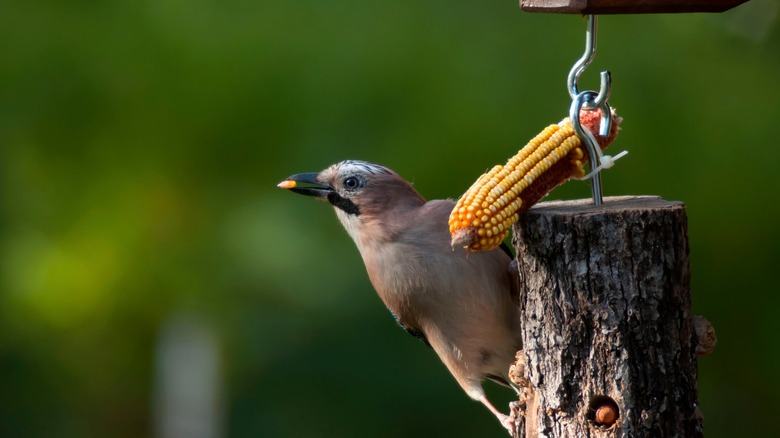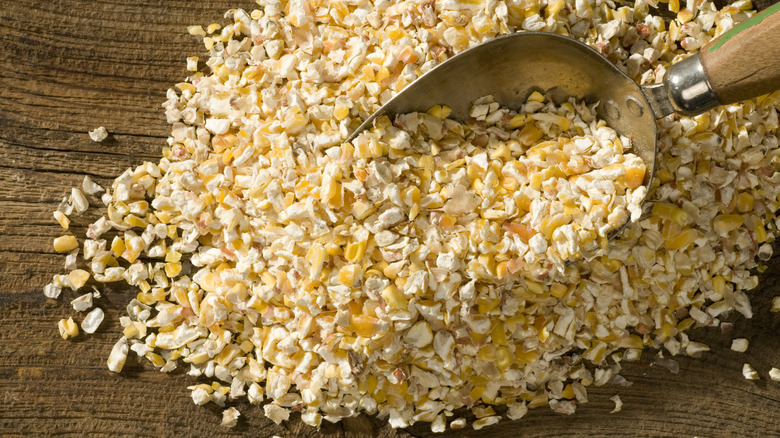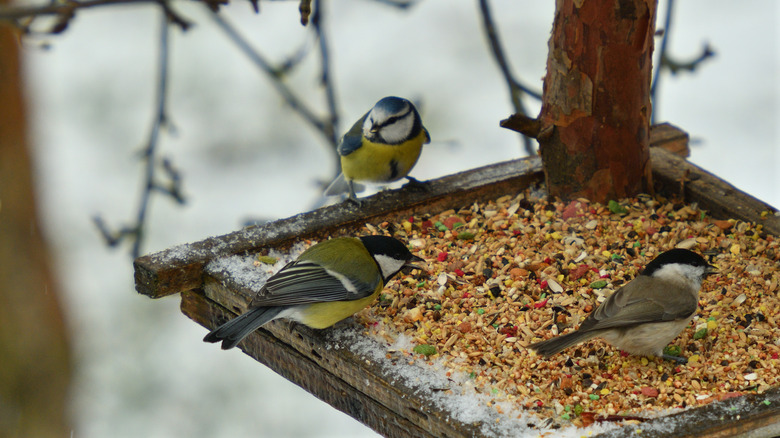Crucial Things To Consider Before Adding Corn To Your Bird Feeders
Corn can be a great addition to bird feeders, especially in the winter, and can provide the birds with some helpful nutrients; however, you'll want to be careful of what kind of corn you're feeding the birds in your backyard and how much you're putting out. Corn is a crop that is often infected with aflatoxins. These toxins are a result of the aspergillus fungus, which can get on the corn by traveling on insects or in the wind. Aflatoxins can have devastating effects on all kinds of animals and wildlife, including horses, livestock, rabbits, squirrels, and birds, and can lead to their deaths. This is why it's important to ensure you're buying quality grains, storing them properly, and inspecting them for any signs of mold.
Additionally, you'll need to make sure the outdoor conditions won't allow the corn to spoil, especially if the weather is rainy or humid. Be aware that the food could attract other wild animals, such as deer, bears, and raccoons. While it may seem fun to give your feathered friends leftover popcorn from movie night, the butter and salt isn't good for them and the corn could go bad fast; however, plain corn you saved from dinner can be a great leftover food you can use to feed the birds in your yard.
Making sure corn is safe before adding it to your bird feeders
When providing food for the birds that visit your feeder, you want to make sure it's absolutely safe for them to eat. A 2018 study by the Asian-Australasian Journal of Animal Sciences found that ducklings that ate corn naturally containing aflatoxins had stunted growth, issues with their livers, and trouble retaining nutrients from their food. This is why it's crucial to consider the type and quality of the corn you're feeding, as well as how you'll manage it in your feeders.
While there are various shelled corn kernels and cracked corn marketed for feeding wildlife, it is not monitored as closely as feed sold for livestock. It may be best to try buying grains meant for farmers. Check that the corn isn't moldy or clumping, which are signs it could contain the harmful fungus. Additionally, whole kernels are a good option, as corn that has already been cracked can pick up aflatoxins more easily. You'll also want to look for any red dye on the corn, which signals that it's meant for planting and contains fungicides that are harmful to ingest.
How to safely add corn to your bird feeders
When adding corn to your bird feeders, make sure that you're using a platform or tray feeder, as tube feeders could get moisture inside that causes the corn to spoil.Never offer the corn when the weather is particularly wet or humid, as this could make it easier for the grains to grow aflatoxins. This is why corn can be such a great winter addition to your feeder, as the weather is colder and the food shouldn't spoil as quickly.
Additionally, you should only provide a small amount at a time, so that the birds will eat it in one day. This can help keep it fresh and safe. If any is leftover, make sure to pick it up and dispose of it at the end of the day. When storing your grain, keep it in an area where it will stay dry. Corn and other interesting foods can be a great way to attract birds to your garden, though you'll want to take precautions.


